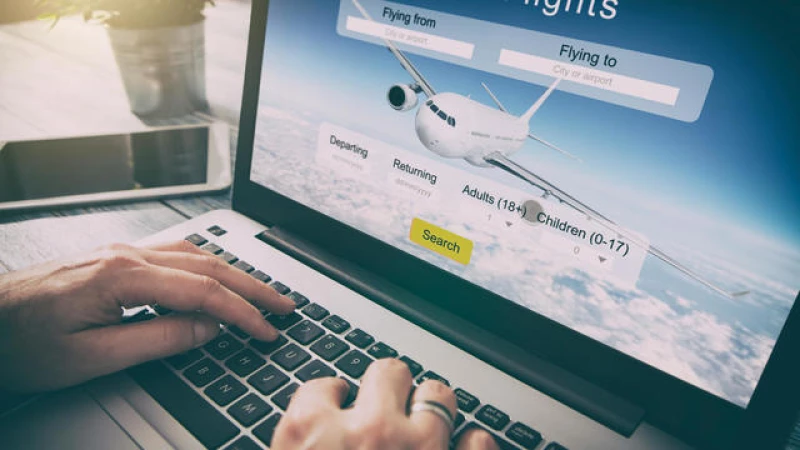Boeing's recent production challenges may result in increased airfares and reduced flight options for travelers.
The company is facing delays in production due to issues stemming from an emergency on an Alaska Airlines flight on January 5. These challenges involve addressing manufacturing and operational defects, leading to postponed aircraft deliveries for major carriers like United Airlines and Southwest Air Lines.
According to Boeing's data, as of the end of February, they had a backlog of nearly 4,800 orders for 737 Max aircraft. This includes orders from various airlines such as American Airlines, Delta Air Lines, Ryanair, Southwest, and United. The specific delivery dates for these orders were not disclosed. In the first two months of the year, Boeing delivered a total of 42 737 Max jets.
"Unfortunate News for Air Travelers"
"The setback is not that airlines will have to reduce flights, but rather that they won't be able to introduce as many new flights as they had anticipated for the summer," stated Henry Harteveldt, an airline analyst with Atmosphere Research Group. "This news is disappointing for both consumers and airlines. Travelers may face limited flight options, and airlines will miss out on the opportunity to expand their services and increase profits. It's a lose-lose situation for both parties."
Southwest and United declined to comment on airfare prices.
Even in the absence of delayed jet deliveries, high consumer demand can lead to higher ticket prices. However, the combination of reduced aircraft production capacity and soaring fuel costs is expected to further drive up the cost of air travel.
"Airlines are suggesting that there is strong demand for summer travel, which implies that airfares would have been higher regardless," noted Harteveldt. "But when an airline is unable to operate all the planned flights due to a lack of expected aircraft, there is a possibility that airfares could be even higher than originally anticipated."
On a positive note for consumers, budget airlines such as Breeze, Spirit, and Velo are expanding their services, providing a competitive alternative to the fares charged by major carriers.
Challenges for Airlines Ahead
The issues with aircraft production have disrupted airlines' "business and capacity strategies for the majority of the second half of the year," explained Robert Mann of R.W. Mann & Company, a consulting firm specializing in the airline industry.
Boeing's Issues to Impact Southwest Airlines
Southwest Airlines, known for its fleet of 737s, is expected to bear the brunt of Boeing's problems. With the delay in the delivery of 86 Boeing aircraft this year, Southwest will be unable to expand its flight operations as planned.
Analysts predict a decrease in capacity for Southwest in the second half of the year, leading to potential price hikes. This reduction in available flights will particularly affect domestic and short-haul international routes to destinations like Mexico and the Caribbean.
Recent data shows a 6% increase in air ticket prices in February, and experts anticipate a further rise of up to 10%. This could mean an additional $57 per ticket on average, translating to an extra $230 for a family of four.
Overall, the impact of Boeing's issues on Southwest Airlines and the industry as a whole is expected to be significant, with potential price increases and fewer flight options for consumers.







